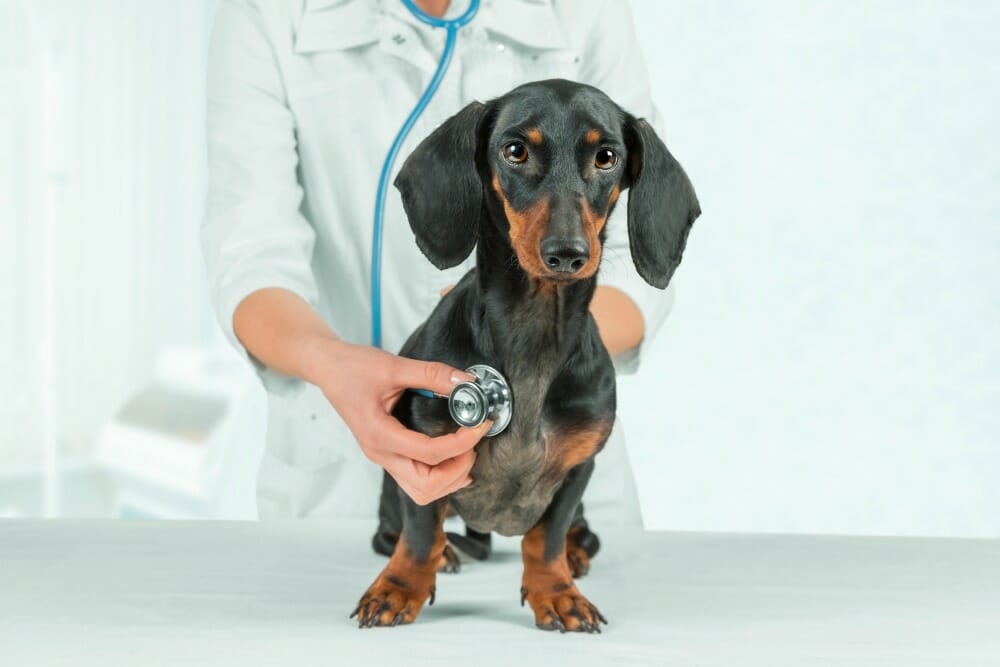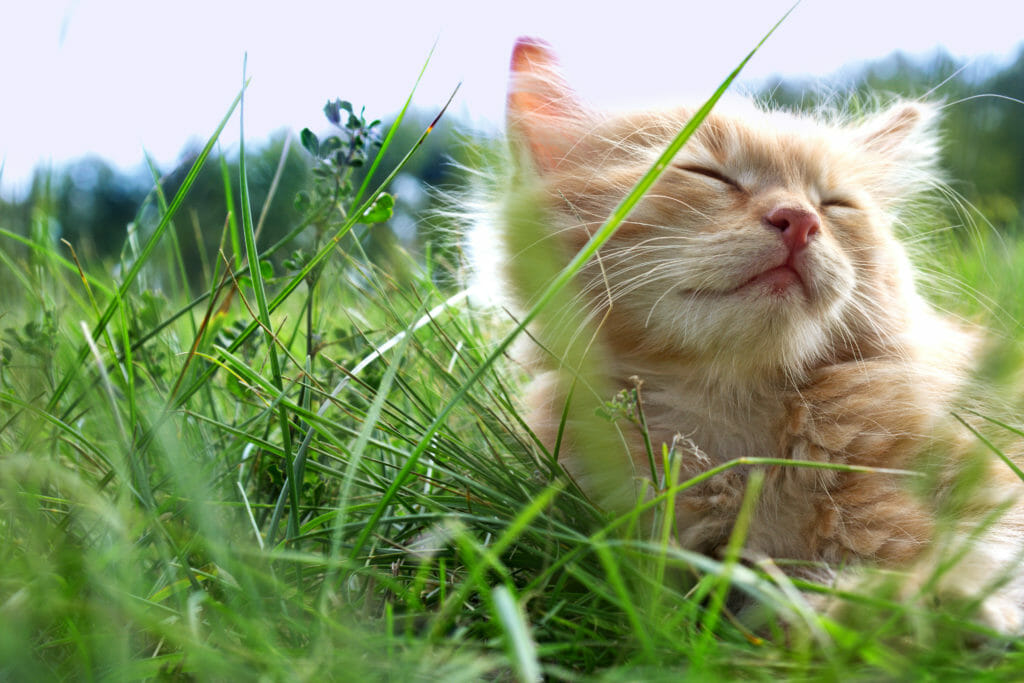On the day of your pet’s spay or neuter procedure, we will ask you to arrive at the hospital between 7:15 am and 8:00 am. We ask that you do not feed your pet from midnight the night before their procedure. This is to decrease the anesthetic risk presented by the regurgitation of food.
You and your pet will arrive at the hospital on the morning of your scheduled surgery. After being checked in by one of our front staff, you will meet with one of our technicians to sign some legal forms and briefly discuss the surgery and any questions you may have. Then you are free to leave until your pet is ready for discharge later that same day.
From the exam room, we will walk with/carry your pet to our treatment area. They are either held or placed on a table while the technician does a head to toe assessment, including the auscultation of heart and lung sounds with a stethoscope, temperature, weight and assessment of hydration and circulation. Shortly after arrival, a veterinarian will perform a full exam on your pet. Any findings from the technician’s assessment will be reported to the veterinarian. If you have asked us to perform blood work, this will be taken and the results will be presented to the doctor upon their examination of your pet.
Once your pet has been thoroughly examined, an anesthetic protocol is chosen and the medications are calculated and drawn up. We give your pet an intramuscular injection (typically into the leg) that provides relaxation, pain control and anxiety-reducing properties. Your pet will comfortably fall asleep. At this time we will place an intravenous catheter to provide IV fluids and medication to render your pet fully unconscious. We will also place a tube into the trachea to provide a protected airway so we can provide assisted breathing throughout your pet’s anesthetic.
Throughout your pet’s procedure, they are constantly monitored by their anesthetist (the technician) and their doctor. We deliver a gas inhalant that will keep your pet asleep for the duration of their procedure. Before your pet wakes up, they are given at least one additional injection for pain control. Once the procedure is over, we stop the inhalant gas and your pet will wake up.
Though the inhalant gas has now stopped, your pet will still be feeling the effects from their intramuscular injection prior to surgery, as well as residual effects from the inhalant anesthetic. For their safety, we keep them at the hospital during this recovery period while they metabolize their anesthetic drugs. When appropriate, we will offer water and a meal, and take your pet outside for a walk and bio break.
Several hours after surgery, when your pet is ready, a technician will meet with you to discuss all necessary aftercare instructions for your pet. Then you and your furry loved one get to go home!
If you have any questions about your pet’s upcoming surgery, please contact us at 902.434.0700.
Written by: Jenna Marsh, RVT




